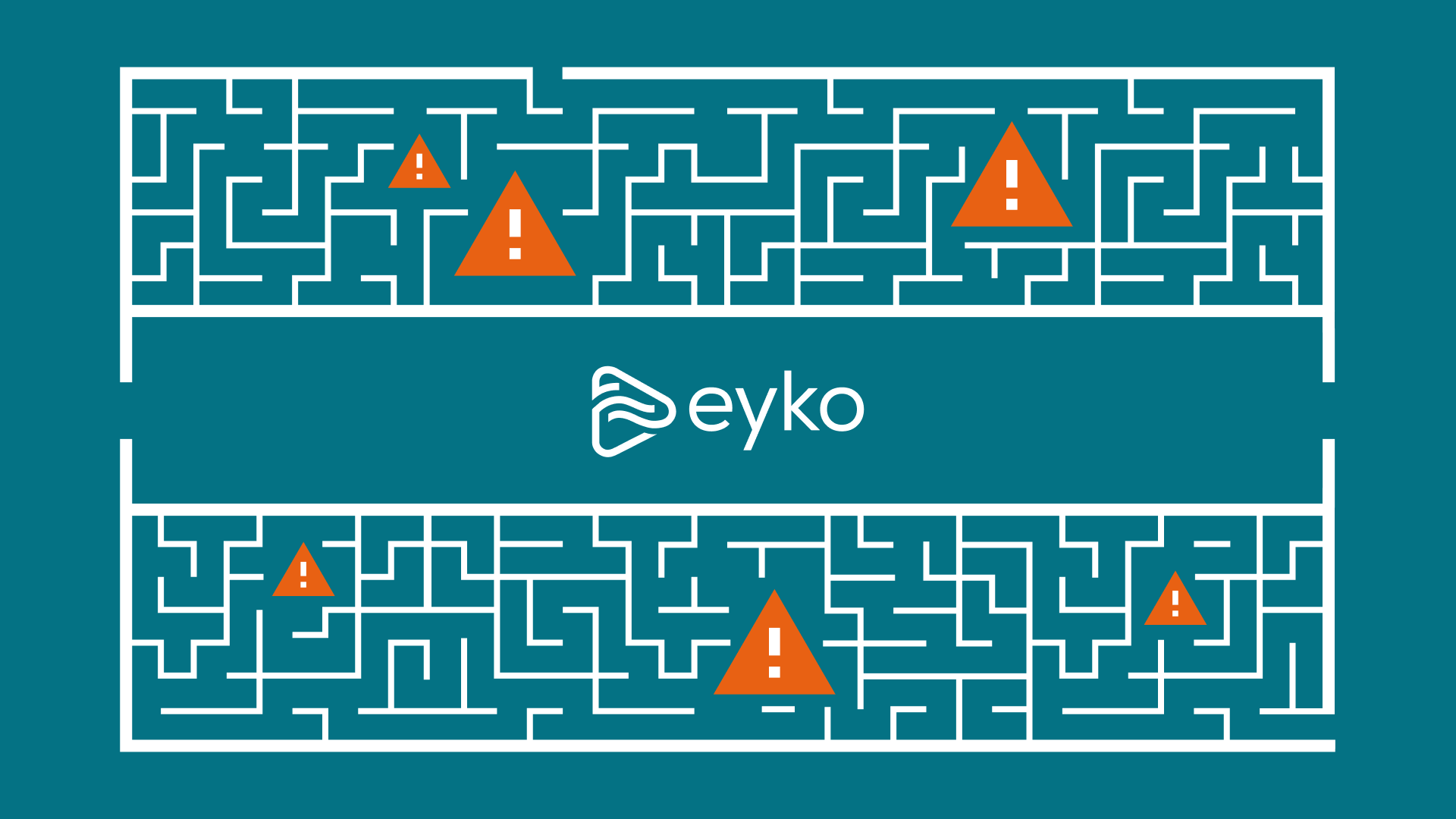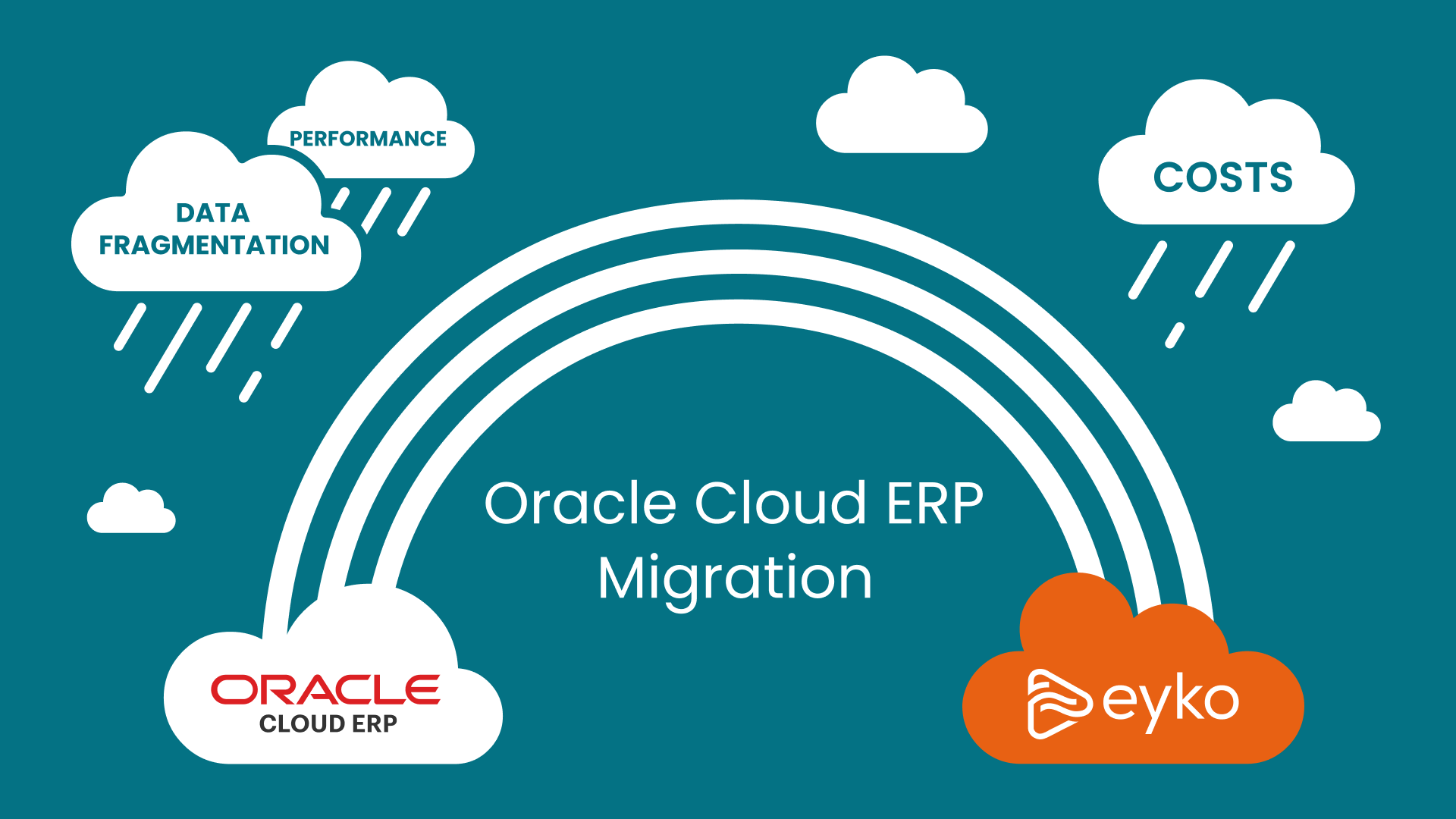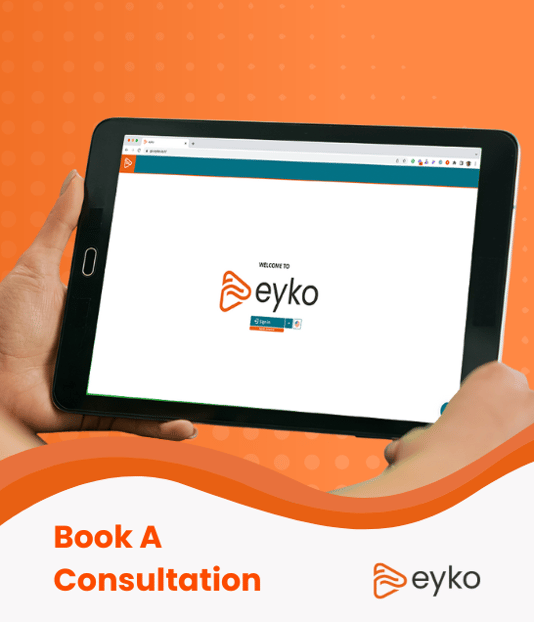Analytics Continuity During an ERP Cloud Migration
How to Maintain Reporting Continuity During an ERP Cloud Migration or When Implementing a New ERP System
As companies transition to new ERP systems or migrate to Cloud versions of their current ERP systems, they often adopt a phased approach. This strategy allows businesses to minimize disruptions and mitigate risks associated with large-scale IT transformations. However, this phased approach can lead to complexities, particularly when it comes to data management and reporting. Businesses frequently find themselves with critical data and business processes distributed across both the old and new systems, creating a significant challenge: the need to report and analyze data from multiple sources effectively and efficiently.
Traditionally, companies have addressed this challenge by building a data warehouse, a centralized repository that consolidates data from various sources. While effective, this method is resource-intensive, requiring substantial investment in time, money, and technical expertise. Additionally, maintaining a data warehouse involves ongoing efforts to ensure data consistency and accuracy, complicating the reporting process further.
For organizations seeking a more agile and cost-effective solution, eyko offers a promising alternative.
eyko stands out as a versatile tool designed to merge data from multiple ERP systems without the necessity of creating a data warehouse. By leveraging advanced data integration techniques, eyko allows businesses to access and analyze data across legacy and new ERP systems seamlessly. This capability is crucial for companies in transition, as it ensures continuous access to comprehensive, up-to-date business insights without the delays and costs associated with traditional data warehousing solutions. eyko’s user-friendly interface and robust functionality make it an ideal choice for organizations looking to streamline their reporting processes during and after ERP transitions. eyko not only provides reporting continuity during the ERP transition but also provides a solid foundation for adding additional data sources and delivering your core reports and dashboards.
With eyko, companies can maintain operational continuity and gain a holistic view of their business performance, even when data resides in multiple systems. This integration facilitates better decision-making by providing timely and accurate reports, helping businesses stay competitive in a rapidly evolving market. By eliminating the need for a data warehouse, eyko not only reduces operational costs but also accelerates the overall transition to new ERP systems.
For organizations navigating the complexities of ERP migration, eyko offers a practical, efficient, and cost-effective solution to unify their data landscape.
Share this
You May Also Like
These Related Stories

Navigating Multiple ERPs : A Fresh Perspective on ERP Consolidation

Don't Let Your Archive Data Impact Your Migration to Oracle Cloud ERP

